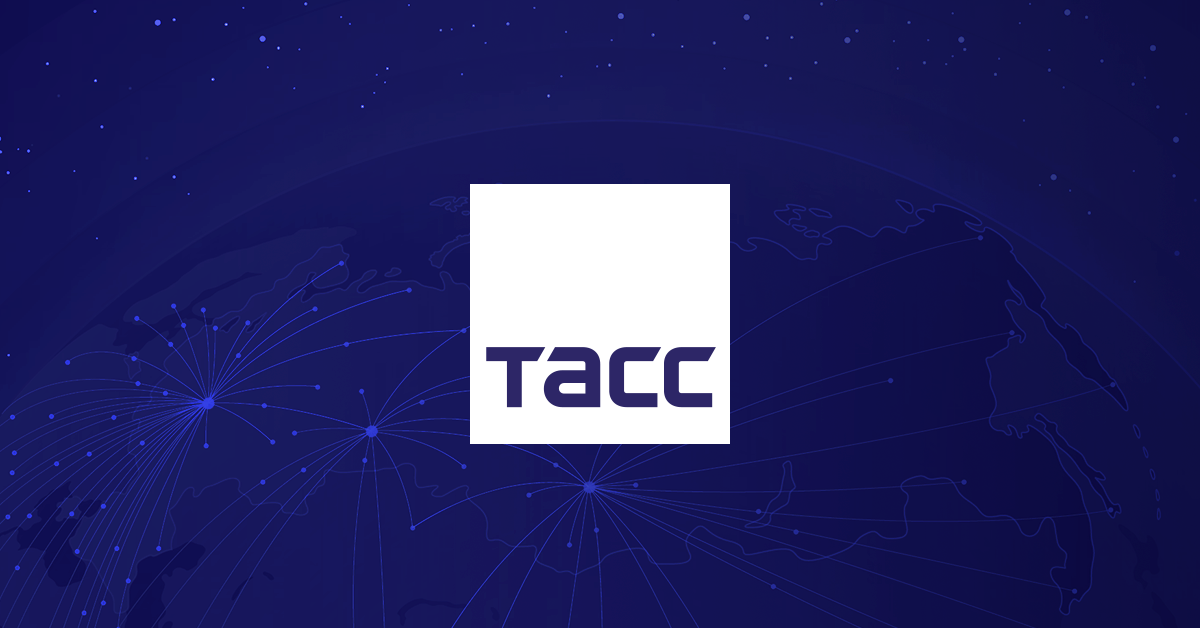On Kherson - Ukraine and NATO build castles in the air Pt 2
Scott Ritter
The mobilized forces were all men with prior military experience. Some, who had been recently released from service and whose combat skills were still fresh, were subjected to a period of “refresher” training, and dispatched directly to the SMO, where they were integrated into existing formations, bringing them up to strength. Russian President Vladimir Putin estimated the numbers of such troops at around 80,000.
Others were allocated to reserve combat units, where they continue to receive specialized training on tactics and operations at the unit level. It is estimated that these forces, numbering some 200,000 men, will complete their training sometime in December. When they are dispatched to the SMO, they will be organized into a force of around 10-15 divisions, fully equipped and ready to be used as needed at the front.
General Surovikin took command of the SMO on October 16. Two days later, he gave a press conference in which he described the situation on the ground in the Kherson region as “tense.” On his orders, civilian authorities began evacuating non-combatant persons from the territory held by Russian forces on the west bank of the Dnieper River, including the city of Kherson proper. One of the reasons cited to justify this action was a growing concern on the part of Russian officials that Ukraine was preparing to destroy a major dam on the Dnieper, north of Kherson, at the Nova Kakhovka hydroelectric power station. If this dam were destroyed, a wall of water between 5 to 15 meters high would sweep down the river, washing away critical infrastructure, killing thousands, and trapping survivors—military and civilian alike—on the west bank. An estimated 200,000 civilians and 30,000 Russian troops would be put at risk. The evacuation of civilians from the west bank of the Dnieper River, when seen in this light, was a prudent humanitarian move in total compliance with the responsibilities assumed by a military commander under the law of war.
While this evacuation was taking place, Russian forces held off concerted attacks by the NATO-trained and equipped Ukrainian army. These attacks were all, without exception, defeated by the Russian defenders. In the month of October alone, Russia assesses that Ukraine lost 12,000 men in support of these operations, while Russian losses were limited to between 1,300-1,500 men. Most of the Russian casualties came because of artillery bombardment by the Ukrainian forces, using their western-provided heavy artillery, which were guided to their targets by real-time intelligence shared by the United States.
This artillery war was being conducted on terms which expressly favored the Ukrainians. Under normal circumstances, artillery attacks assume the character of a duel, with each side seeking to locate the artillery resources of the other either before or after they fire their rounds downrange. Despite western claims that the western artillery systems provided to Ukraine outrange their Russian equivalent systems, this is simply not true, and on an even playing field, Russia possesses artillery systems which, when combined with target identification techniques (drones, counterbattery radar, SIGINT, etc.), would enable Russian artillery to carry out effective counterbattery fires against the Ukrainians.
But when the Ukrainians can operate their artillery in a manner which allows them to interdict Russian logistics, making it difficult to resupply Russian artillery units or provide effective operational and intelligence support (i.e., interdiction of Russian command and control), the artillery duel becomes one-sided, and it is the Russian troops who pay the price. By pulling Russian forces out of the west bank of the Dnieper, the Russian command was eliminating the artillery advantage that Ukraine had accrued.


